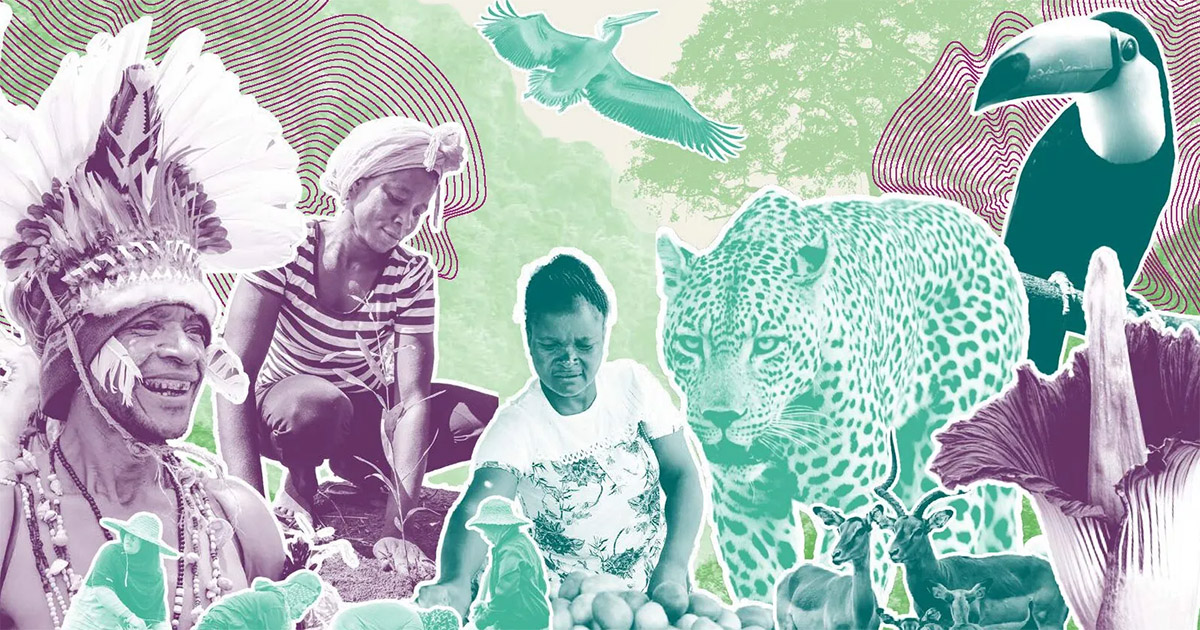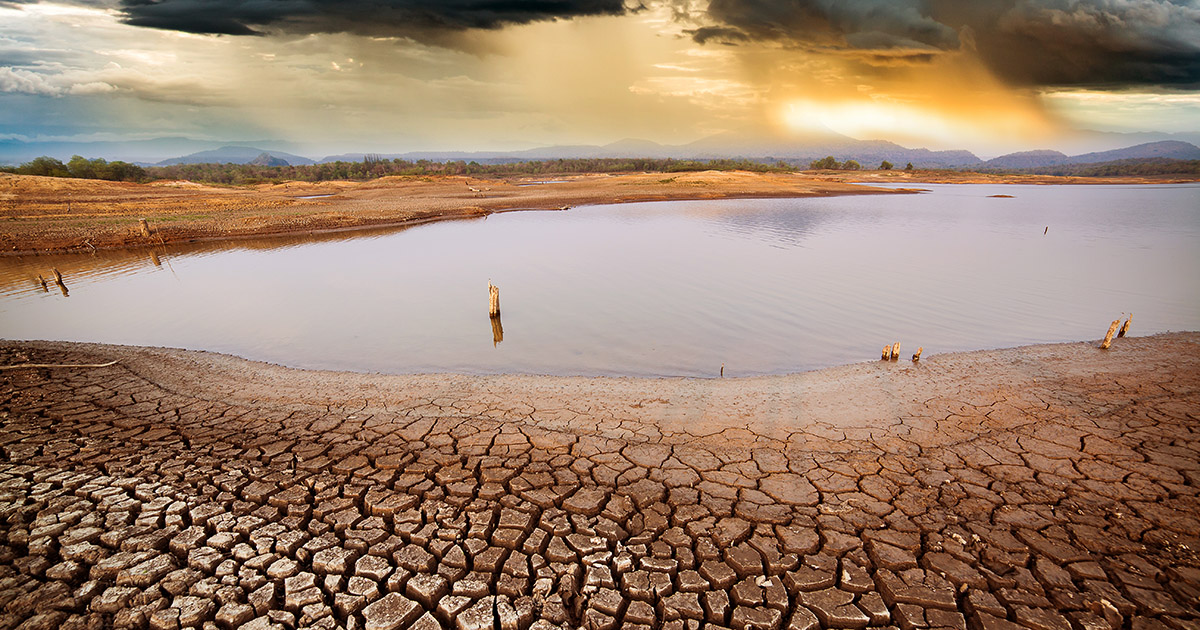The authors examine some of the social and economic impacts of the forestry bias in state land classification. The maintenance of forest production and environmental services has been the justification from the state for forestland classification, but forest land delineation and gazetting has, at times, significantly restricted smallholder land use and land ownership. This paper explores some of the historical background to the creation of"Permanent Forest Estates" in Indonesia, Thailand and the Philippines. The experience with forest area classification and subsequent encroachments suggests that, in many cases, such areas are domains better placed within a less regulated agrarian framework.
DOI:
https://doi.org/10.1080/14728028.2005.9752520
Dimensões Contagem de citações:

















